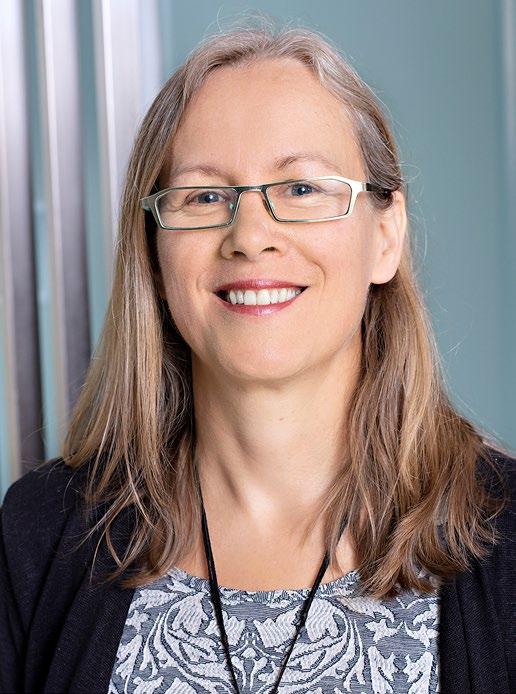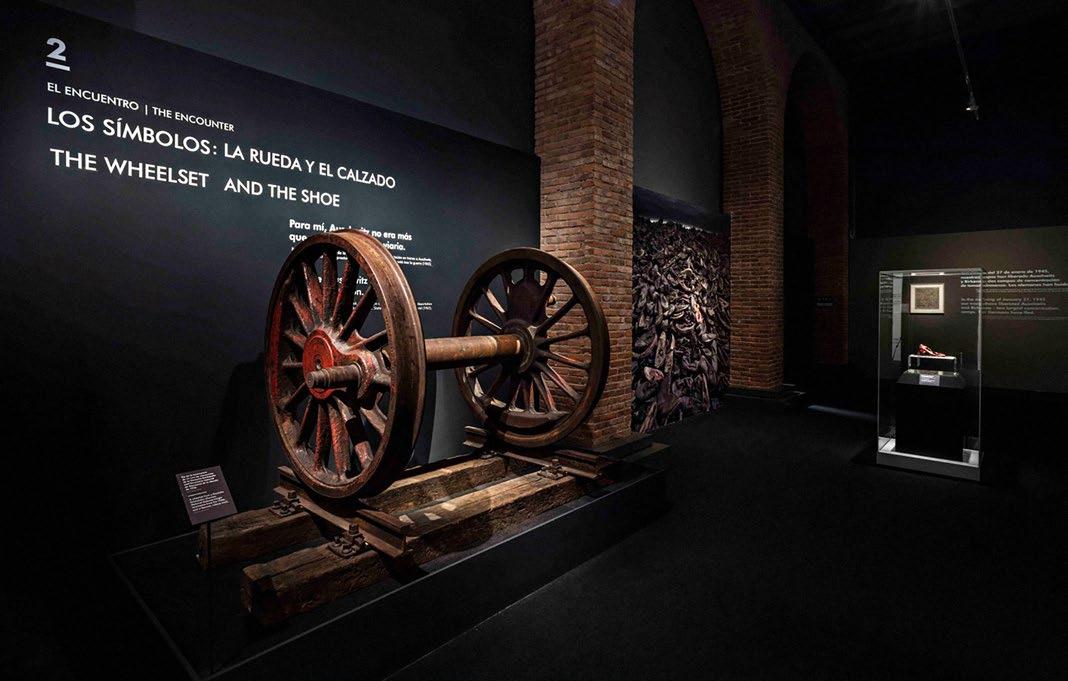2020: What has our museum learnt? Jayne Josem
a transformational experience for visitors that has the potential to challenge the way they see the world. A visit to the museum should be unsettling, given the subject matter, but it should also provoke thought and be memorable. Students can learn about the Holocaust in the classroom, accessing online resources and perhaps watching documentaries and films. Why even bother to visit a museum when there is so much material accessible through a screen while sitting at home or at school? From our perspective the answer lies in the curated peak experience that can happen from the moment a student, or any other visitor, embarks on the journey to a museum. First there is the anticipation, which can run the whole gamut of emotions. For the students there is also the experience of being introduced to the subject matter in a very careful, considered way by our expert educators, who specialise in teaching the Holocaust.
‘At the JHC, we believe that we exist to provide a transformational experience for visitors that has the potential to challenge the way they see the world.’
A
t the dedication of the US Holocaust Memorial Museum in Washington DC in 1993, Elie Wiesel declared, ‘The Museum is not an answer. It’s a question.’ Last year threw up challenges and raised questions for us all at the Jewish Holocaust Centre (JHC), but it also provided many opportunities and lessons. Here are a few of the important things we learnt: • We can deliver our message, even without an operational museum; • We realised how important our museum is, beyond the walls; • We appreciated our Holocaust survivors even more than we thought possible; • We do so much more than just educate the public; we are a community. The rebuilding phase we are in is an opportunity for reflection, re-evaluation and reinvention, which all raise many questions for us to consider. One that recurs is the role of museums in today’s society. At the JHC, we believe that we exist to provide
4
JHC Centre News
When students visit the museum, they are not in a classroom, but in a completely different learning space. The JHC educators will likely have a different style of teaching, and another difference is that each session begins and ends with questions. Then there is the museum itself, which we are now in the process of developing. Our aim in putting the display together is to ensure that visitors encounter the primary source evidence and, through these encounters, they will be changed. It is through the contact with the real, be it artefacts, documents and photos, that the history comes to life. Of course this is amplified by meeting a Holocaust survivor, a true highlight. Today students can meet survivors, but some time in the future the encounter will only be digital. However, even with the digital, hearing the stories from real eyewitnesses always has a profound impact. With all that is going on in the world today, we are working hard to ensure that our museum continues to provide a transformational experience to our visitor, one that leaves them, as Elie Wiesel suggested, with questions and not answers. Jayne Josem is JHC Museum Director and CEO.















